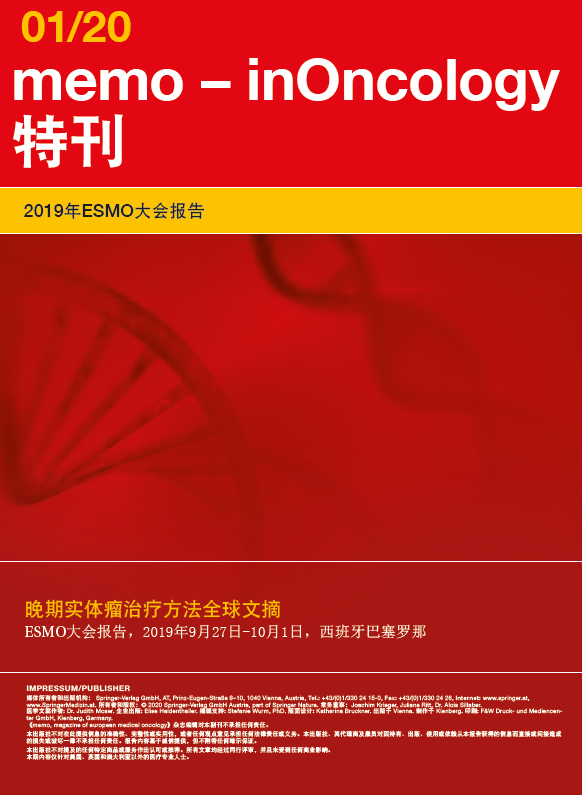In this report we bring you highlights of the latest developments in PD1 inhibition and PARPi inhibition in solid tumours. Survival gains achieved in gastric and esophageal cancer, hepatocellular carcinoma, and urothelial carcinoma are the focus in PD1 inhibition. We also explore the potential role of the microbiome incarcinogenesis and response to checkpoint inhibition, and the implications of recent findings in this area.
For PARP inhibition, the focus is on survival gains in gynecological cancers, and in novel indications such as metastatic castration-resistant prostate cancer pancreatic cancers. Aparticular highlight is an interview with Tobias Arkenau discussing how we areseeing increasing PARP inhibitor activity via several innovations, such as combination therapies and biomarker-driven patient selection.
In addition, on our website you will find expert video interviews with Tobias Arkenau, Florian Lordick, Simon Chowdhury andMarkus Moehler on various congress highlights.
This memo inOncology Special Issue report is produced by Springer for oncology and haematology specialists, as a supplement of memo (the Magazine of European Medical Oncology) and sponsored by BeiGene with an unrestricted educational grant. For more information on the memo inOncology Special Issue series, and for free access to all previous editions, visit the memo-inOncology website.
Accessan article directly:
· Preface
· PD-1 inhibition in gastric andesophageal cancer, hepatocellular carcinoma, and urothelial carcinoma
· Potential role of the microbiome incarcinogenesis and response to checkpoint inhibition
· PARP inhibition in gynecologicalcancers: recent insights
· New applications of PARP inhibitors
· Increasing PARP inhibitor activity viaseveral mechanisms of action


Copyright © 1998 - 2026 Chinese Society of Clinical Oncology(CSCO). All Rights Reserved
Contact Us
EMAIL:office@csco.org.cn
international@csco.org.cn
Phone:86(10)67726451 (Beijing)
86(25)84547290 (Nanjing)